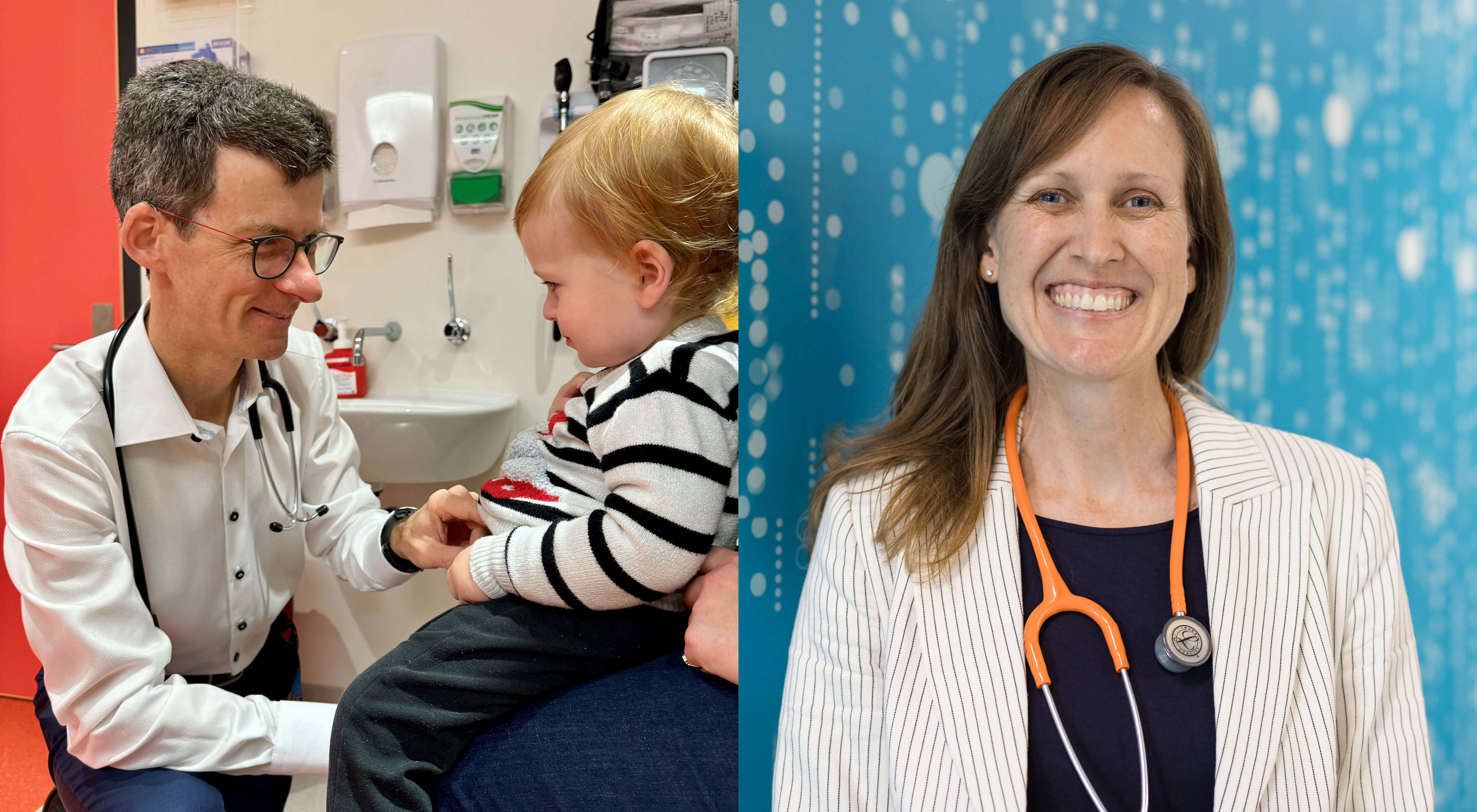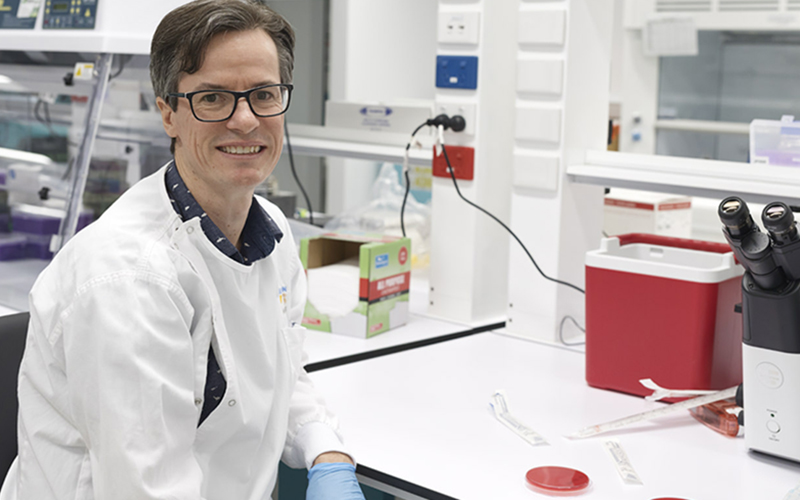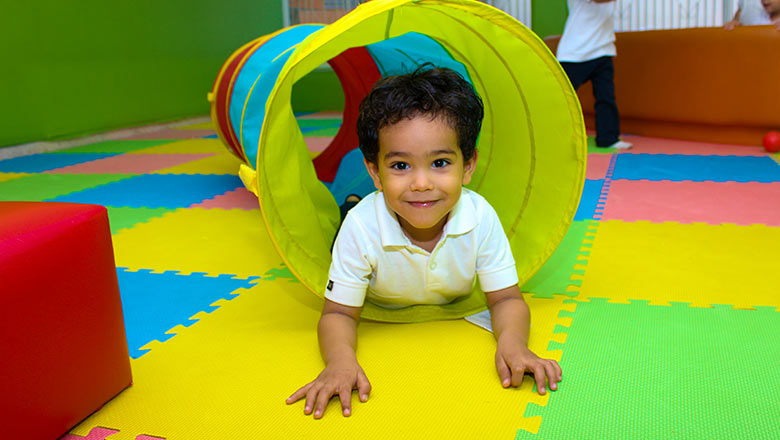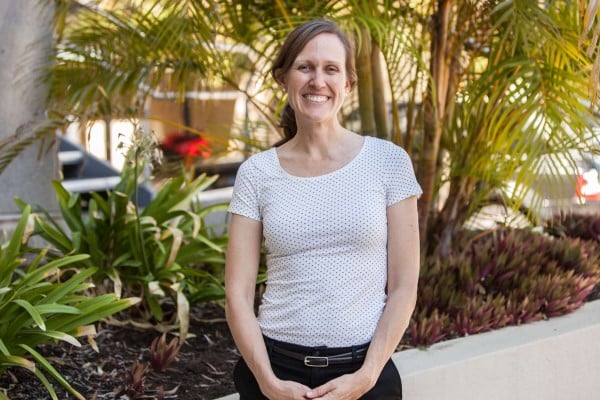Search
Research
Impetigo and scabies - Disease burden and modern treatment strategiesRecent data on the epidemiology of impetigo and scabies and describe the current evidence around approaches to individual and community based treatment
Research
The global epidemiology of impetigo: A systematic review of the population prevalence of impetigo and pyodermaWe conducted a comprehensive, systematic review of the global childhood population prevalence of impetigo and the broader condition pyoderma.
Research
Der p 11 is a major allergen for house dust mite-allergic patients suffering from atopic dermatitisHouse dust mites (HDMs) belong to the most potent indoor allergen sources worldwide and are associated with allergic manifestations in the respiratory tract.
Research
The microbiology of impetigo in Indigenous children: associations between Streptococcus pyogenes, Staphylococcus aureus, scabies, and nasal carriagePrevalence and antimicrobial resistance of impetigo pathogens in a randomised, controlled trial of impetigo treatment conducted in remote Indigenous communities
As Head of Aboriginal Research Development at Telethon Kids, Glenn Pearson believes his work brings us closer to identifying the real and whole Australian story

News & Events
Four BrightSpark Fellowships awarded to early-career researchers at The KidsCongratulations to four outstanding early-career researchers from The Kids Research Institute Australia, who have been awarded BrightSpark Foundation fellowships and project funding for 2026.

News & Events
Prestigious invite for WA infectious disease expertsTwo Perth clinician-scientists have been recognised as national leaders in infectious disease research after being elected as Fellows of the esteemed Australian Academy of Health and Medical Sciences.

News & Events
WA Health funding supports development of rapid test for antibiotic-resistant skin infections in Aboriginal childrenA rapid test to detect antibiotic-resistant skin infections in Aboriginal children could be a step closer, thanks to support from the FHRIF.

News & Events
Telethon supports vital child health research projectsThe generous support of West Australians through Channel 7’s Telethon Trust will help support crucial child health research at The Kids Research Institute Australia in 2022.

News & Events
The Kids Research Institute Australia leader named finalist in nation’s top science prizesOne of Australia’s leading infectious disease experts, Associate Professor Asha Bowen, has been announced as a finalist for the country’s leading national science awards – the Australian Museum Eureka Prizes.
